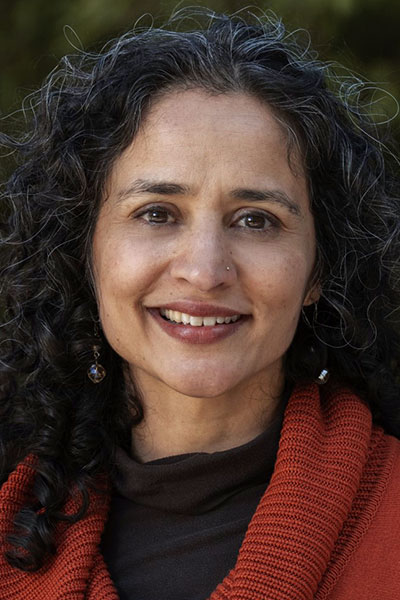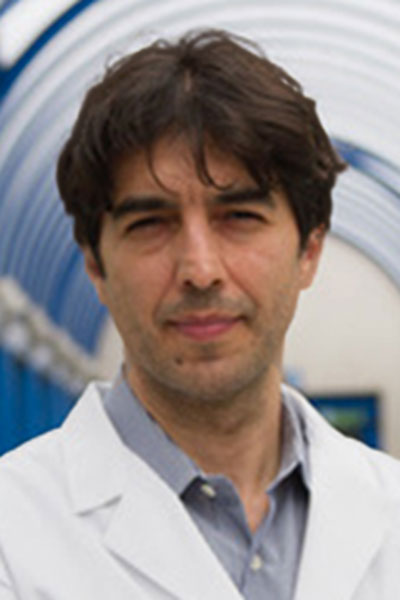
More patients and clinicians show interest in using nutritional and dietary methods to combat rheumatic conditions, but training and evidence-based information, while growing, remains lacking.
The session What’s Food Got to Do with It: Food, Fasting and Supplements in Rheumatic Disease will feature experts in these areas sharing the latest information about the roles of intermittent fasting, diet guidelines for autoimmune patients, and beneficial supplements and herbs. The first airing, complete with a live question-and-answer period, will take place from 10 – 10:45 a.m. EST Sunday, Nov. 8, and registered attendees can watch a replay on demand through Wednesday, March 11.
Clinicians need knowledge in this area because patients will come to them with questions and interest in these treatments, said Neha Shah, MD, Stanford University. Patients want additional things that they can do to help their autoimmune process besides prescription medications.
“Offering patients something that they can do themselves—whether it’s adjusting their diet, meditating, or taking some supplements—that empowerment that you give to patients is something that can’t necessarily be measured, but certainly can have a major impact on a patient’s outcome and quality of life,” Dr. Shah said.

During the opening presentation, Valter Longo, MD, University of Southern California –Leonard Davis School of Gerontology, Los Angeles, will detail the possible anti-inflammatory and regenerative impact of fasting for patients with autoimmune diseases.
Sara Tedeschi, MD, MPH, Brigham & Women’s Hospital, will follow Dr. Longo and review what is known about the effects of diet on rheumatic disease risk and disease activity.
“Randomized controlled trials are the cleanest way to study diet’s impact among patients with RA or SLE because diet is so complex—it’s intertwined with our personal and cultural beliefs, socioeconomic status, access to food, medication use, and body mass index,” Dr. Tedeschi said. “Despite the amount of patient interest, only a few types of diets have been studied in RCTs in rheumatic disease including Mediterranean and vegan diets. When we think about the risk of developing RA or SLE, large prospective cohort studies provide a great way to study the association between dietary patterns and future development of rheumatic disease.”
Dr. Longo and colleagues have about 30 clinical trials going looking into disease states such as multiple sclerosis, cancer and
“In the case of autoimmunity, we’ve shown in mice that the starvation seems to trigger the death of autoimmune cells somewhat preferentially, and then in a coordinated manner trigger the activation of progenitor cells or STEM cells, leading to the replacement of the damaged cells with new ones and at the same time removing the inflammatory process that may have damaged the tissues in the first place,” Dr. Longo said.
Autoimmunity trials involving a fasting-mimicking diet of low protein, low sugar, and high fat show the most promise, Dr. Longo said. One reason is likely improved adherence to the plan. The fasting-mimicking period would be for 5-7 days only six times a year.
“From the point of view of rheumatologists that may be thinking about applying it in the clinic, it’s very difficult to get somebody to not eat every other day or not eat twice a week,” Dr. Longo said. “In the longterm, it is close to impossible to get people to do this on a continuing basis.”
Dr. Shah will discuss the evidence for meditation, yoga, acupuncture, and other complementary approaches in addition to reviewing herbs from the Ayurvedic system of medicine, a 1000-year-old traditional practice from the Indian subcontinent encompassing a total approach to health and wellness.
“I’m the first to say that I prescribe [traditional medications], but often with trepidations,” Dr. Shah said. “So having something else in the armamentarium, in the toolbox, is fantastic. And even more than the supplements, I think, dietary interventions are even safer and my first go-to, actually.”
Complementary medicines and herbs can offer additional benefit without a long list of side effects based on early in vitro and in vivo data, Dr. Shah noted. And many allopathic medicines have their roots in herbal medicines.
“The way we study drugs in modern times is somewhat limited when you’re trying to understand how these work from an Ayurvedic perspective, because no treatment is given in a silo in that tradition. It’s usually given as part of a larger practice,” said Dr. Shah, who completed a fellowship in integrative medicine at the University of Arizona and has practiced integrative rheumatology for several years.


